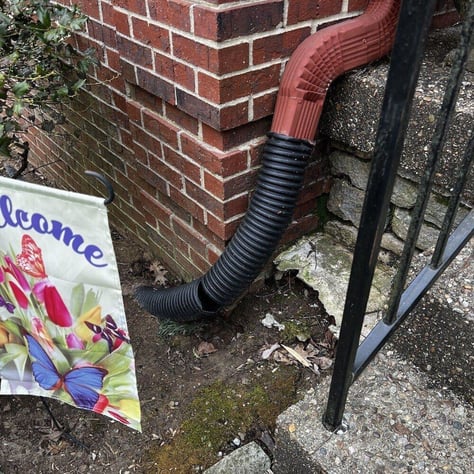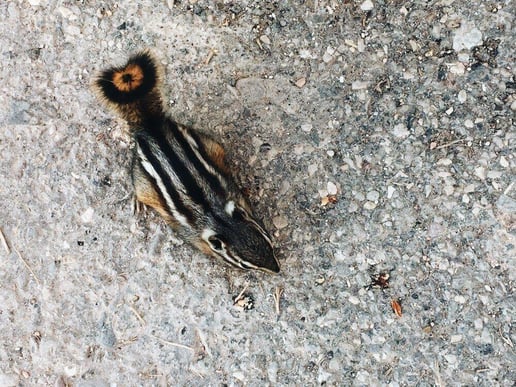Why Is My Concrete Sinking? 5 Reasons Your Concrete Is Settling + What To Do About It
April 24th, 2024 | 3 min. read
By Sarah Etler
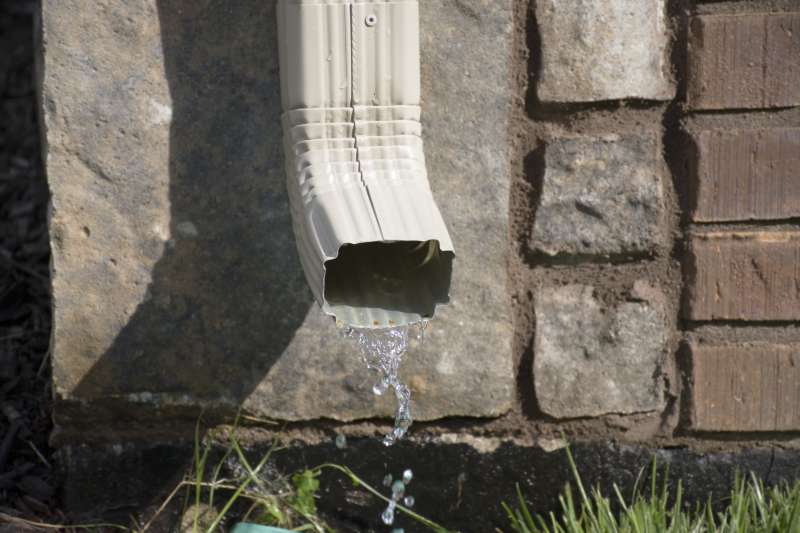
Learn about the five main causes of settling concrete and what to do if your concrete is sinking.
While you may be eager to get to the “how” of getting your uneven concrete under control, it’s important to get to the bottom of “why” it sunk in the first place!
Without understanding and eliminating the root cause of the sinking, the concrete will likely resettle even after being repaired, leaving you right back at square one.
Here at A-1 Concrete Leveling, we’ve seen our fair share of sunken concrete over the last 30+ years in the industry. In this article, we’ll be using our experience to explain the five causes of sinking concrete, and what you can do to fix it.
Why Does Concrete Sink?
Concrete sinks because the soil or ground underneath it erodes away or settles over time. Here are the main factors that cause this to take place:
- Water washing soil away
- Pests burrowing under the slabs
- Natural soil settlement over time
- Poor soil compaction prior to installation
- Soil shrinkage depending on soil type
1. Soil Washout and Erosion
When water has access to the underside of a concrete slab, it can wash out and erode away the soil holding it up, causing the slab to settle.
This is commonly seen when downspouts are pointed directly at the slab, gutters are overflowing onto the concrete, or there is a lot of water runoff in the area.
Open cracks and expansion joints can also help water make its way under the slab and erode the soil away over time. Redirecting the flow of water and caulking gaps and cracks will help ensure your concrete doesn’t resettle after it’s repaired.
2. Burrowing Pests
Pests like chipmunks, moles, woodchucks, etc. also erode the soil under the concrete. By creating tunnels under the slab, they displace the soil and open up voids.
This loosens up the ground, and over time, that soil has to compress back down with gravity, taking the slab on top with it.
It’s important to take care of pests at the first sign to minimize settling, and to make sure they don’t return to cause damage after the repair.
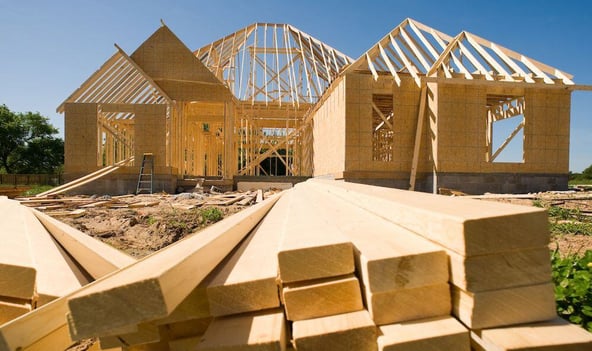
3. Natural Settling Over Time
When soil is disturbed (during the construction process, utility work, concrete replacement, etc.) it gets loosened up. This loosened soil has to then settle down again, and it can take between 5 to 10 years for disturbed or loosened soil to settle and compact naturally.
In the case of new construction, a lot of soil is moved around and displaced. When concrete is poured on top of that loosened soil, it will eventually sink along with the soil as it compacts naturally over time.
For this reason, new concrete is more likely to settle, as the soil underneath is usually disturbed during the installation process.
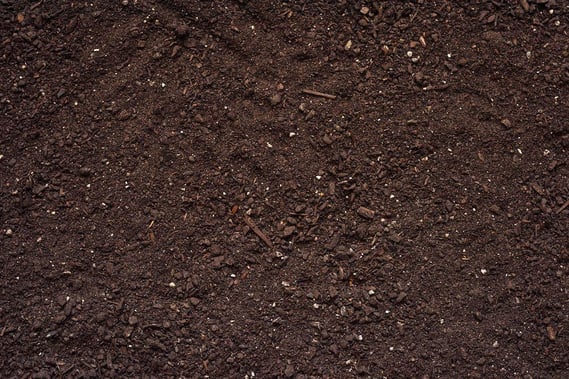
4. Poor Soil Compaction
When soil is loosened, it can be compacted with techniques like backfilling deep, large areas with dense rock instead of 100% soil, or rolling/ramming the loose soil down to compact as the area is backfilled.
Soil that hasn’t been fully compacted will eventually sink down over time, taking the concrete on top along with it.
Because of the high demand and relatively rapid process, proper soil compaction is becoming less common in residential home builds and it’s also not a guaranteed step in the concrete replacement process if you decide to go that way.
Even with soil compaction procedures in place, it’s very difficult to get the soil 100% of the way compacted, which can still lead to some settling.
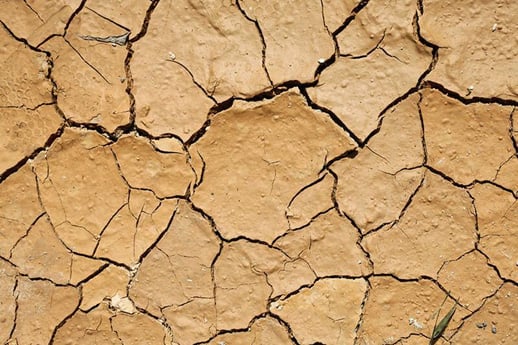
5. Soil Shrinkage
Long periods of dry conditions, like during a drought, can cause soils to shrink, especially in areas with lots of clay.
This causes the concrete to sink along with the shrinking soil. However, when it rains again, the soil will absorb water and expand, pushing the slab back up.
This constant movement can also cause the soil to settle more and more over time, bringing the concrete slab with it. Soils with more clay retain water and expand and contract more than well-draining soil.
How To Fix Sinking Concrete
If your concrete is sinking, there are a few options when it comes to fixing it (always keeping in mind the reason the concrete settled in the first place).
To learn more about these options, check out this resource: Concrete Leveling vs. Grinding vs. Replacement
-
Concrete Leveling
Concrete leveling works by drilling holes in the sinking slab and injecting a special material through the holes to fill any voids and lift the slab back to the proper position.
Concrete leveling repairs are usually done in less than a day and can last for the life of the concrete slab itself.
-
Concrete Grinding
Grinding down the uneven sections caused by sinking slabs can be a cost-effective way to eliminate dangerous trip hazards.
Grinding can be a good temporary solution, but it’s important to keep in mind that grinding exposes the concrete’s pores to freeze-thaw damage, and can make the slab thinner and weaker.
-
Concrete Replacement
Replacing sunken concrete slabs is an option, but as mentioned above, it can disturb the soil and result in the new slabs settling, too.
Sometimes replacement is the best option, like when concrete is severely cracked or crumbling, or you’d like to change a design feature (e.g. adding a ramp).
Should You Fix Your Sinking Concrete?
Fixing sinking concrete as soon as possible is important to protect visitors, keep your property looking great, and save you money on the cost of long-term repairs.
But understanding what caused the concrete to sink in the first place (and eliminating the source!) is just as important as the repair itself.
A-1 Concrete Leveling can help you diagnose the cause behind the settled concrete and lift it back to the right position.
If you’d like to see what concrete leveling can do for your sinking concrete, click the link below to request a free onsite cost estimate with an A-1 expert near you!
Sarah Etler joined A-1 Concrete Leveling after receiving her Bachelor of Arts degree in English from Northern Kentucky University. As A-1's Content Marketing Manager, she works closely with industry experts to produce content that will best answer questions related to concrete repair and maintenance practices. Sarah loves living a life full of discovery and is excited every day to see what new things she can learn and share with those around her.
Topics:
